
Children’s expectations regarding fair treatment of their personal data: what policy makers should know
The UK’s Information Commissioner’s Office is in the process of putting together an age-appropriate design code, which will outline the standards that providers of online services which process personal data and are likely to be accessed by children will be expected to meet. Here, LSE’s Mariya Stoilova, Professor Sonia Livingstone and Rishita Nandagiri offer advice to ...more
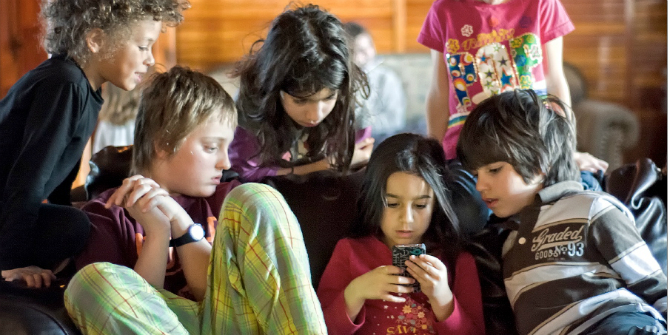
How do parents imagine the future for their children?
This post considers some of the findings from our latest book Parenting for a Digital Future which explores how parents imagine the future for their children, including the role of digital technology. Based on in-depth interviews of British parents, educators and children, we asked how parents are tackling the challenges of the ...more
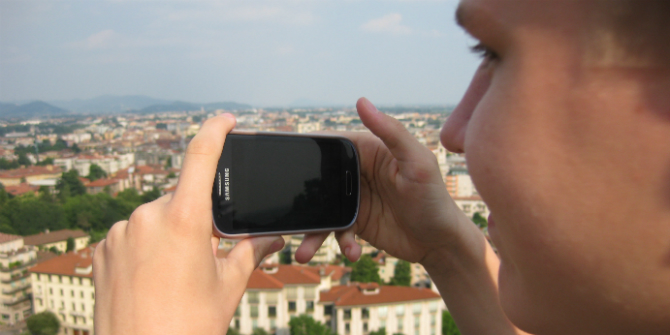
What is the Children’s Data and Privacy Online project all about?
In this post, Rishita Nandagiri, Sonia Livingstone and Mariya Stoilova discuss their study of how children themselves understand their data and privacy online, conducted as part of ICO-funded research. Evidence has shown that children are particularly unaware of issues surrounding commercial use of data. Sonia Livingstone is Professor of Social Psychology in the Department of Media ...more
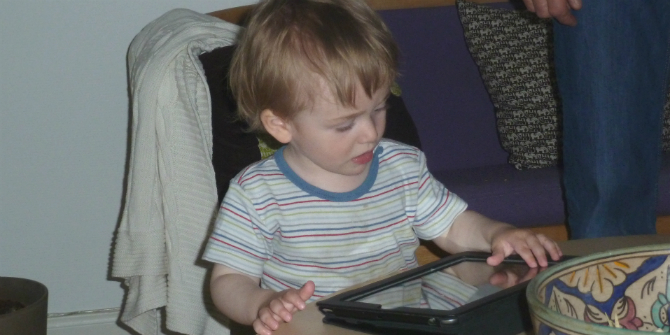
Children with special educational needs and disabilities more likely to encounter harm online, say parents
Sonia Livingstone and Dongmiao Zhang discuss the major findings from the latest Parenting for a Digital Future study, and outline why special educational needs and disabilities are important in shaping children’s digital lives and why. Sonia Livingstone is Professor of Social Psychology at LSE’s Department of Media and Communications and is the lead investigator of the Parenting for ...more
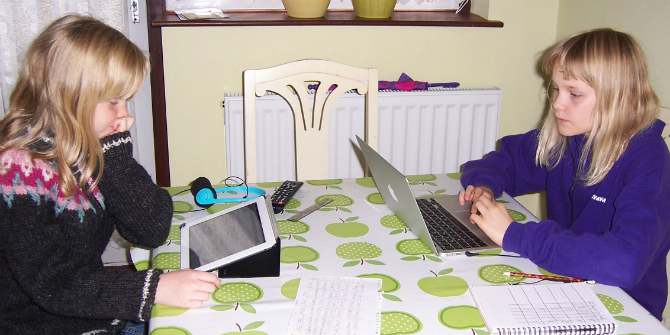
Children’s personal privacy online – it’s neither personal nor private
To mark Data Privacy Day on Monday and the launch of a new ICO-funded report, this post considers the implications of the intensified monitoring and data gathering which children are increasingly being subjected to. It also asks how children understand privacy online and what this means for services, regulation and ...more

Preparing young Europeans for the ‘digital future’?
Heated debates focus on new and emerging technologies in the lives of children, young people, families and schools. New research, out this week, brings together the perspectives of tech industry insiders and those of young people, parents, and educators across Europe, to explore the future of tech and provide practical ...more

Inequalities in the home influence children’s digital opportunities
Today Parenting for a Digital Future releases the fourth in its series of reports from our nationally representative survey of UK parents of children aged 0-17. This report highlights why digital inequalities matter in our increasingly digitalized and connected world. In this post, Sonia Livingstone and Dongmiao Zhang discuss the major findings from the study, and outline why ...more
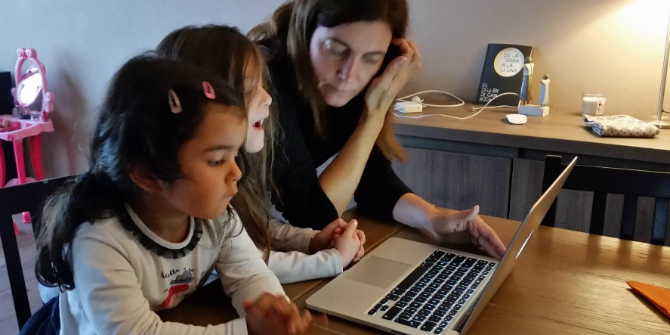
Parenting for a Digital Future… the book!
This post introduces our forthcoming book, Parenting for a digital future: How hopes and fears about technology shape our children’s lives. Based on in-depth interviews of British parents, educators and children, we ask how parents are tackling the challenges of the digital media landscape. We identified three main approaches to digital parenting, 'embracing', 'challenging' and 'resisting', that were ...more
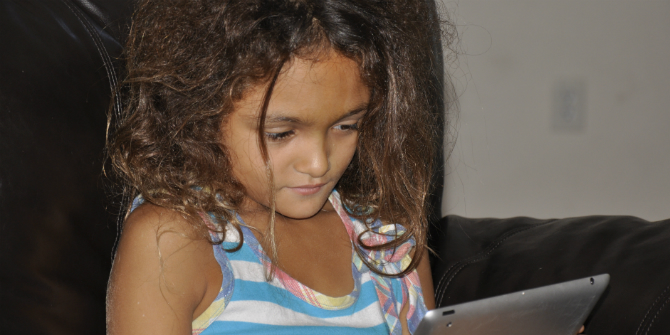
Conceptualising privacy online: what do, and what should, children understand?
Post-Cambridge-Analytica, and post-GDPR, children are becoming increasingly aware of how their data is being used online but there are still limits to their digital literacy. In this post, Sonia Livingstone, Mariya Stoilova and Rishita Nandagiri discuss how they are conceptualising issues of privacy and personal data in their latest ICO-funded ...more
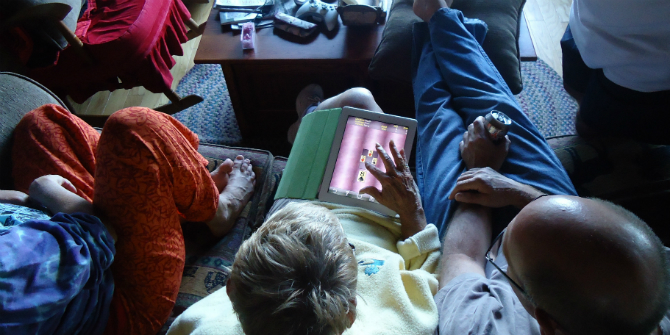
What’s new in 'digital parenting' research? Insights from the Connected Learning Summit 2018
Connected learning has been defined as learning that is "socially embedded, interest driven and orientated towards educational, economic, or political opportunity". In this post Sonia Livingstone outlines research from Parenting for a Digital Future, presented at the Connected Learning Summit in Cambridge, Massachusetts, which shows the many ways in which social class ...more



